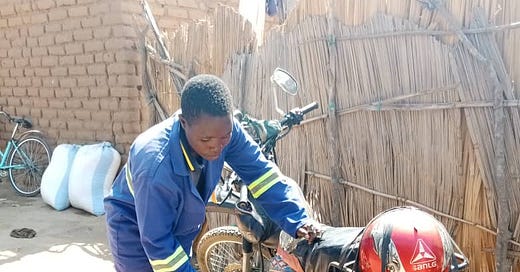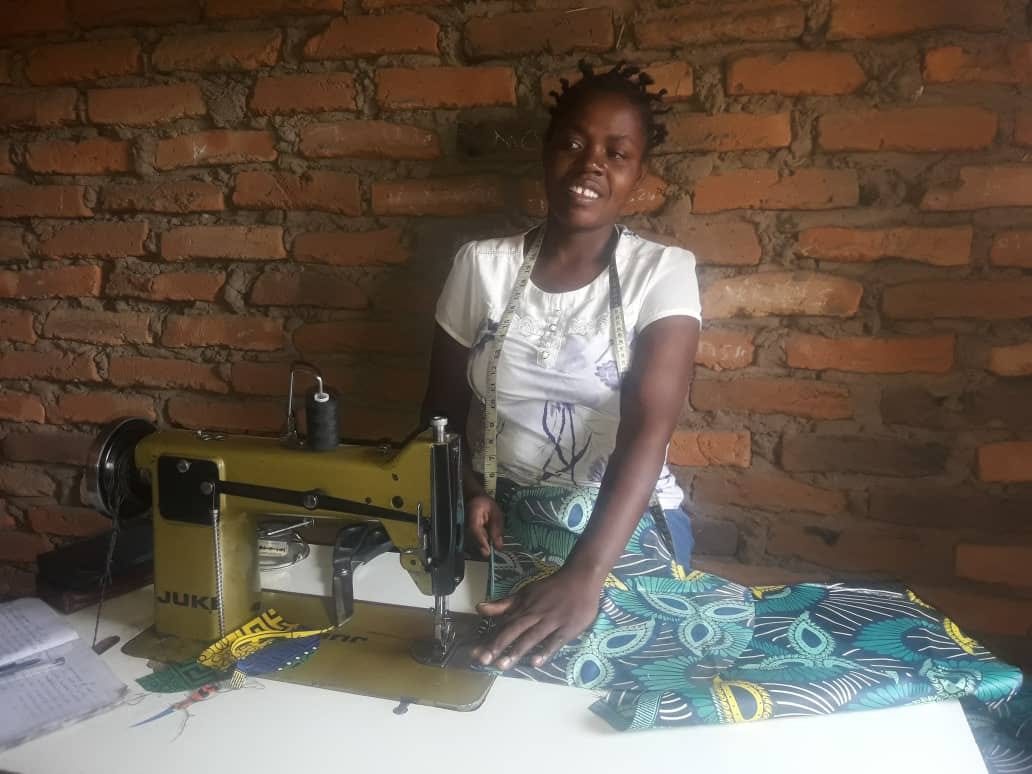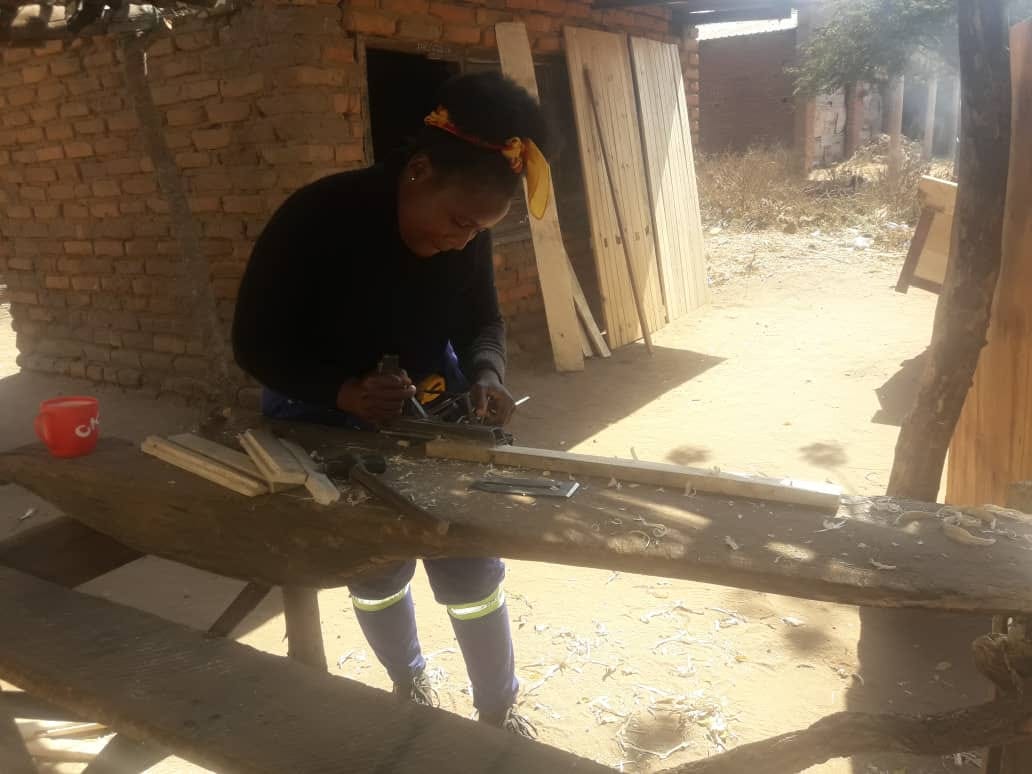Female Mechanic Revs Up Rural Development in Malawi's KACODO Visit
KACODO continues to address sexual and reproductive health rights and gender-based violence through power analysis circles and challenging cultural norms.
MCHINJI, Malawi — In an open-air workshop filled with the smell of engine oil and the clang of metal, Beatrice Fredrick adjusts her headscarf and leans over a motorcycle engine, her hands moving with practiced precision, write Charity Kapalamula, Madalitso Ngwira, and Winston Mwale.
This scene, once rare in rural Malawi, is now a testament to the transformative work of Kapiri Community Development Organisation (KACODO).
Fredrick, a graduate of KACODO's vocational training program, was among the success stories highlighted during the organization's field visit Friday.
The visit, part of KACODO's 18th Annual General Meeting, brought 15 members to Madisi in Dowa district to witness firsthand the impact of their rural development initiatives.
"I never imagined I could be a mechanic," Fredrick said, wiping grease from her hands.
"KACODO gave me the skills and confidence to challenge what society thinks women can do."
The delegation, comprising four board members and 11 general assembly members, toured various project sites, meeting beneficiaries of KACODO's programs aimed at addressing issues like school dropouts, illiteracy, and gender-based violence.
KACODO, established in 2012 with ActionAid support, reports empowering 525 young women through 21 forums on agroecology and climate change.
It has also provided vocational training to 107 youths in trades including tailoring, carpentry, and mechanics.
"Seeing women like Beatrice succeed in traditionally male-dominated fields is inspiring," said a KACODO representative.
"It shows the impact of our gender-balanced approach to vocational training."
Other beneficiaries met during the visit included members of the Madzi Young Women Forum practicing agroecology, tailor Emily Phiri, and carpenter Oliver Mithi.
Despite successes, KACODO faces ongoing challenges, including youth commitment and program dropouts due to early marriages and spousal restrictions.
Recommendations from the visit include upgrading irrigation systems, exploring solar-powered pumps, and fostering networking among program graduates.
As KACODO moves forward, the success of trainees like Fredrick will inform future strategies to address evolving community needs in rural Malawi, proving that with the right support, traditional gender roles can be rewritten, one engine at a time.






